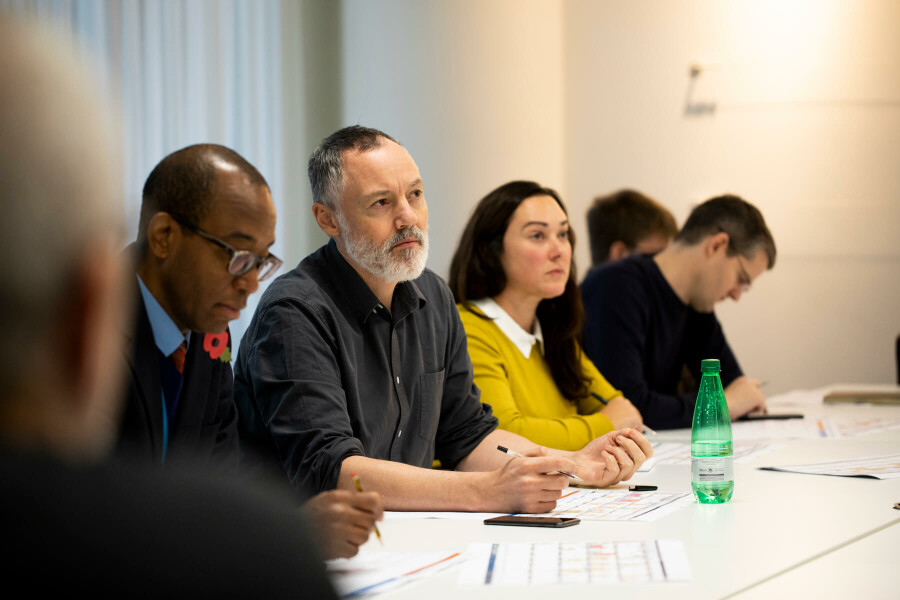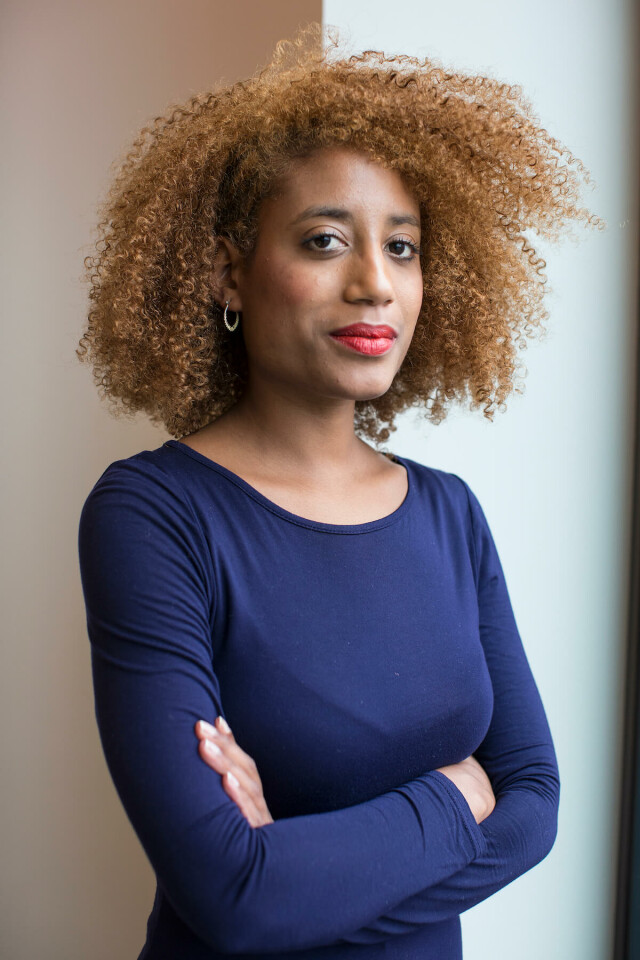My role involves...
helping to set the news agenda for the day, commissioning stories for the paper and website, helping to manage a team of reporters and specialists and on Saturdays editing the website.
I love my job because...
I have always loved stories and enjoy being 'in the know'. I love the fact that no two days are the same and in unique times such as the busy period we have had the fact that you have played a role in it. The other thing I enjoy and this applies to journalism is general is the chance to make a difference.
My one piece of advice would be...
I would say not to let anything put you off. I always knew I wanted to be a journalist but it didn't happen straight away. If you know it's what you want to do persevere and it will happen.
The most important qualities of being a news desk editor are...
Attention to detail, empathy and a willingness to listen.


